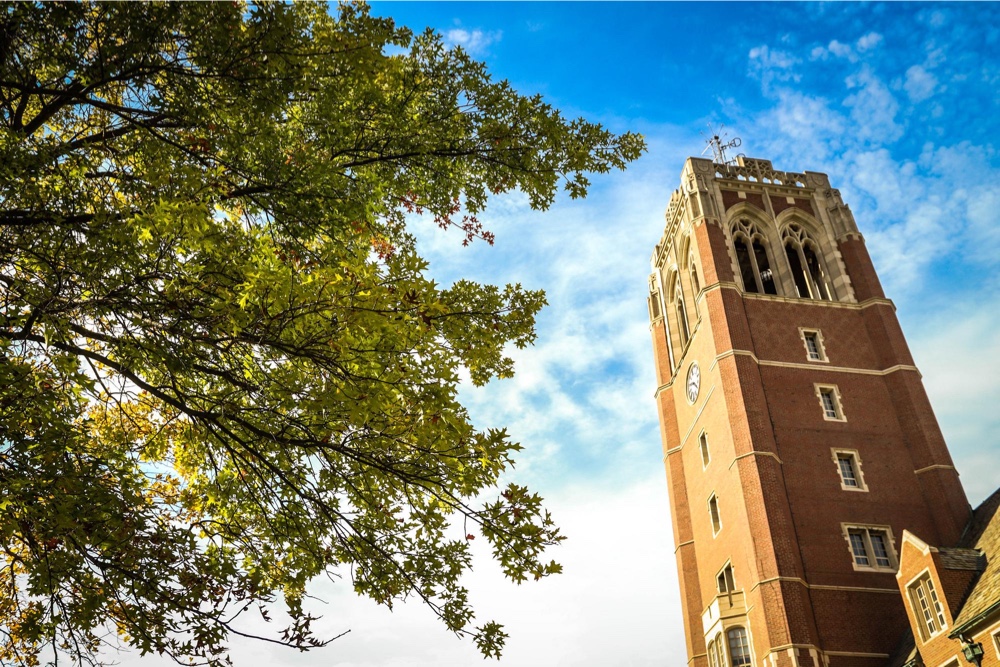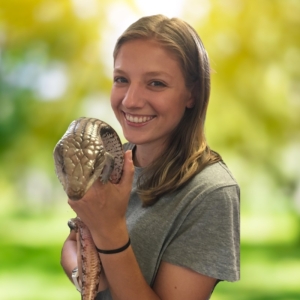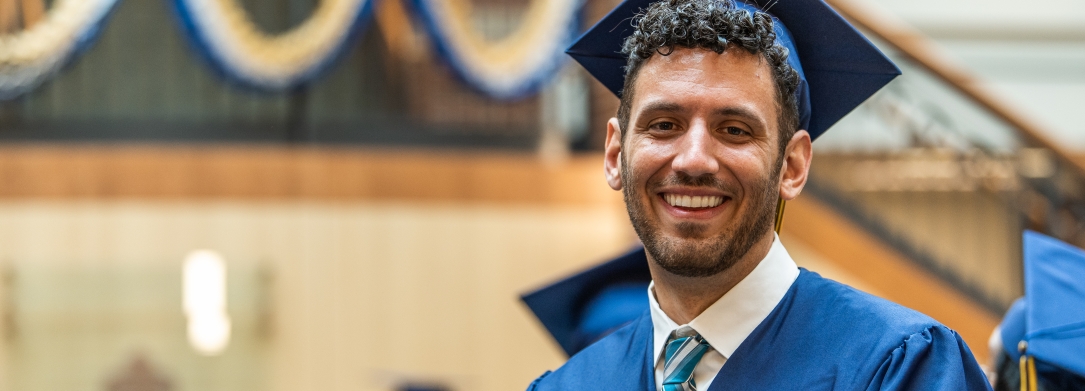Prepare for a Rewarding Science Career
A master’s degree in Biology can represent an important step toward a career in a science-related field. John Carroll University’s Master of Arts (M.A.) and Master of Science (M.S.) programs in Biology offer opportunities to complete an advanced degree through contextual coursework, gain hands-on experience, and acquire essential research and quantitative skills as well as data analysis techniques.




